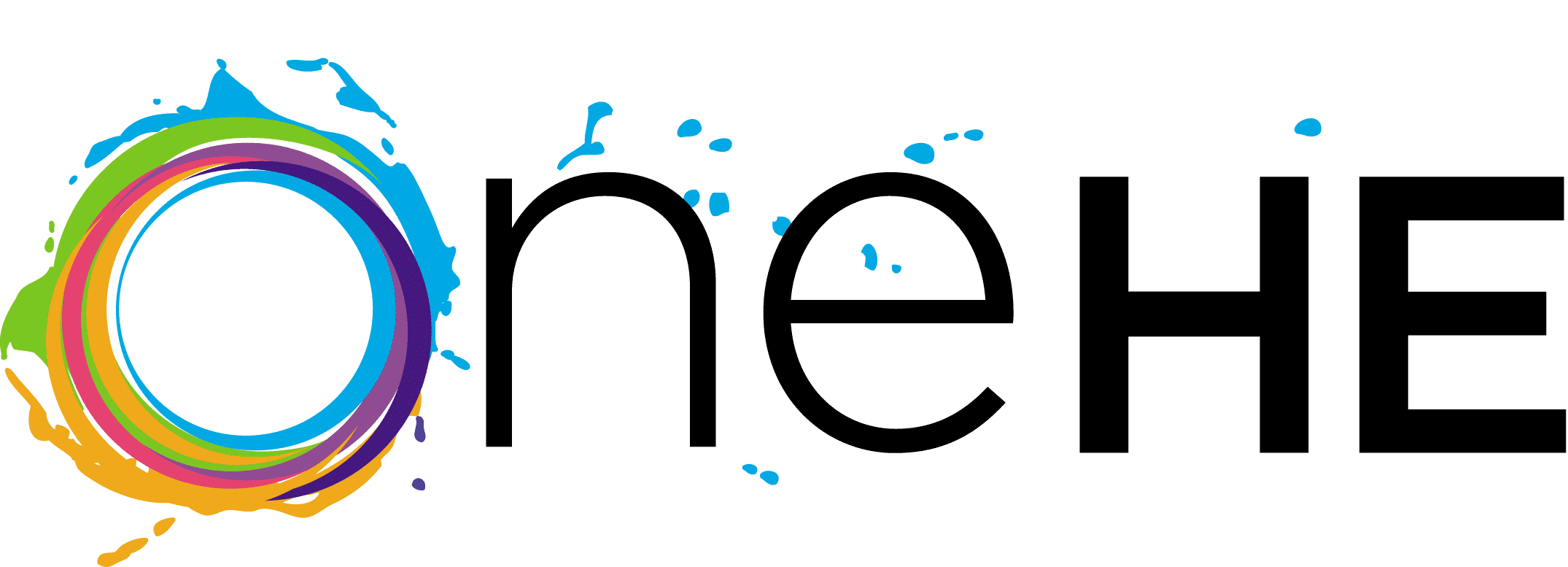Welcome to this introduction to Experiential Education, developed by OneHE and the National Society for Experiential Education (NSEE).
The aim of this resource is to help new and experienced faculty understand the role and value of experiential education and take away some ideas about how to apply the approach in their context.
On completion of this introduction, you will:
- Understand the concept of experiential education and the principles that underpin effective practice
- Know how to apply experiential education in your context, with reference to specific case studies
- Have a bank of ideas and resources to go further with experiential education in your courses.
Given your level of experience, you can jump to the section that is most relevant to you, or start at the beginning and work your way through them in sequence. The full introduction will take roughly 45 minutes to complete.
Click here to view the video transcript
Hello, my name is Patrick Green and I’m the Executive Director of the Center for Engaged Learning, Teaching and Scholarship at Loyola University Chicago, in Chicago, Illinois in the USA. I have been working as an experiential learning educator for over 20 years, focused on the intersection of high impact practices, such as community engagement and service learning, internships, undergraduate research and electronic portfolios. I have also written a number of books on service learning, faculty development in service learning and a variety of articles focused on the intersection of faith and community engagement, as well as other high-impact practices around electronic portfolios and other forms of community based learning. Experiential learning for me is an incredibly important form of active learning that has the potential to transform not only higher education, but all educational structures by connecting learners to real world issues and to our local communities.
Click here to view the video transcript
- My name is Cynthia Stewart. I am the Director of Experiential Learning for Loyola University Chicago, United States of America. I work for the Parkinson School of Health Sciences and Public Health. We have undergraduate and graduate-level students and I work with both the undergraduate and graduate-level students in regards to academic internships and service learning, which is where my experience comes with experiential learning.
- My name is Lark Hovey. I am a lecturer and the Curriculum Coordinator at the Rwanda Institute for Conservation Agriculture in Bugesera, Rwanda. I help with the moderation and review of the curriculum at RICA to ensure that it is as consistent as possible and to ensure a high quality of experiential learning at RICA.
Get Involved And Share Your Learning
- Share your perspective. Throughout this course, you will see discussion prompts at the end of each lesson inviting you to share your thoughts and experience. We encourage you to respond to these discussion questions and read those of other educators to benefit from theirs. When you see a comment you agree with or find helpful, hit the ‘Like’ button to help other educators find it. You can also reply to any comments from other members that you find interesting.
- Ask a question. You can ask questions of experts and other educators in the discussion threads in courses. If your question is more general, use Ask, Answer and Share in the community to reach more people.
- Pick up your course badges. To earn your Course Completion Badges make sure you mark all lessons as ‘Mark Complete’ once you have completed a lesson. At the end of the course, click ‘Mark Complete’ and you will be asked a few multiple-choice questions to earn a Course Completion badge. Once you’ve had a chance to apply your learning, come back to complete an Impact Badges by applying what you have learned in the courses and answering a short survey.


Discussions
Please share your thoughts and questions in the comments section below.